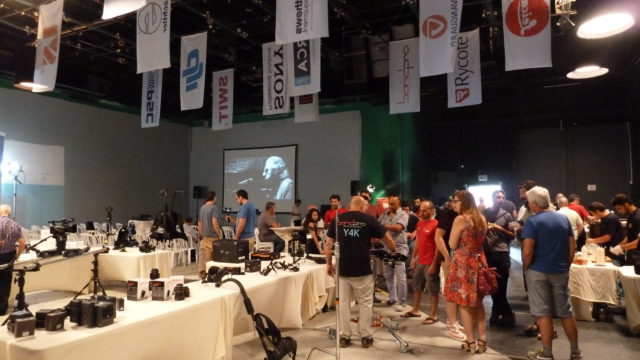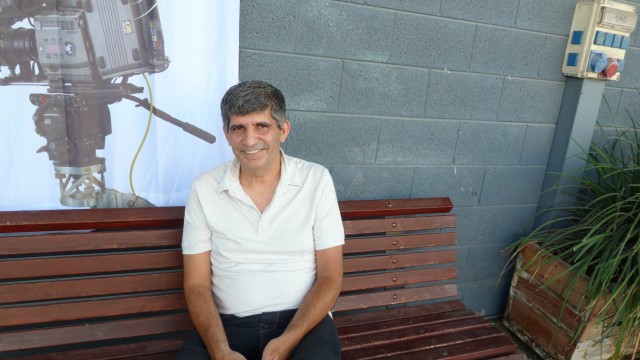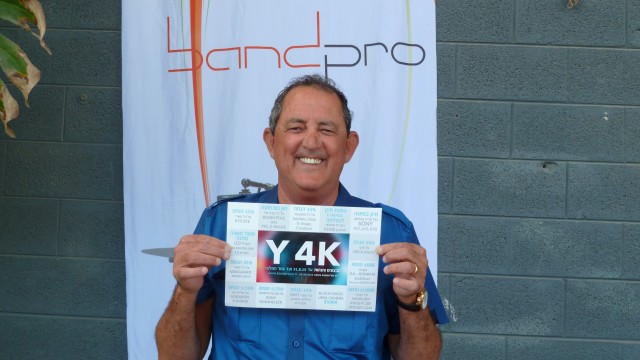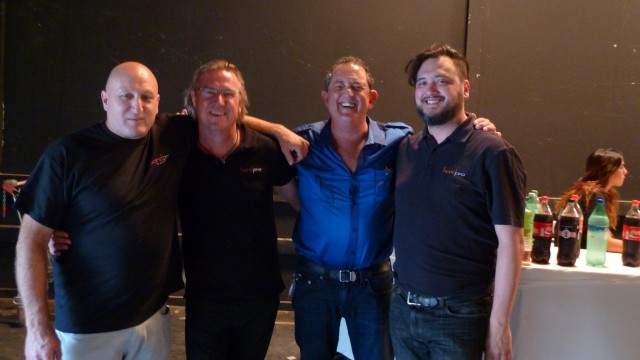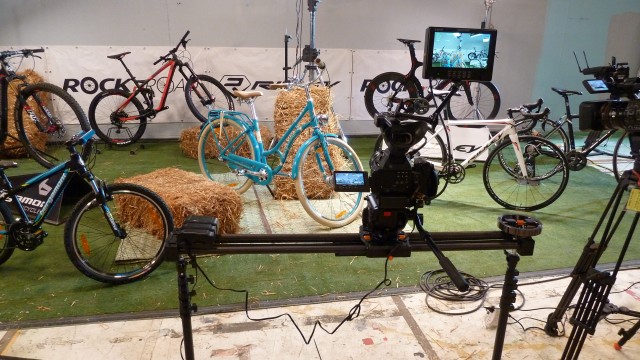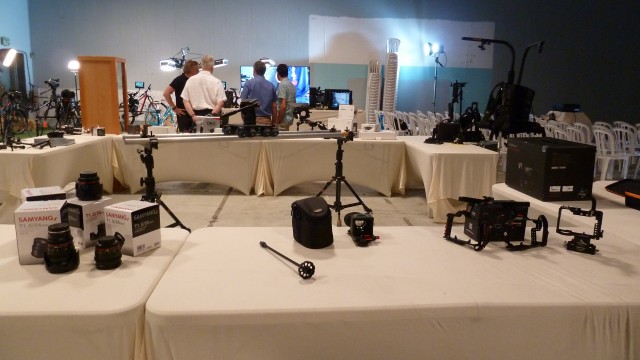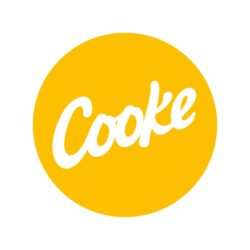By Nate Band
Things change. Ten years ago, filmmakers dug deep to make expensive purchases of the best equipment possible for quality content.
Today, you see Sean Baker’s “Tangerine”, which was shot entirely with an iPhone 5s, or Darren Aronofsky’s “Black Swan”, shot by Matty Libatique, ASC with an Arriflex 16 SR3, Arriflex 416, Zeiss Ultra 16 Lenses / Canon EOS 1D Mark IV, Canon EOS 7D, and Canon L-Series Lenses.
There’s a shift in what filmmakers essentially need and use to make their films. The transition from expensive products to consumer and prosumer devices may not be seen on the A-list Hollywood features, but it certainly is in the independent and some foreign markets. One of the markets that felt this shift the most has been the Israeli film market, where even some of the more prominent movies are being shot with basic DSLRs or even iPhones.
Michael Baranes, Editor of AV Magazine, attributes this trend to economic difficulties for many freelance cinematographers and filmmakers.
“The trend in Israel right now is going smaller and cheaper. They like the best quality, but as the market recently shows, the best quality is difficult to afford,” said Baranes. “For example, a filmmaker may prefer Angenieux because of its quality compared to other brands, but they know that they cannot afford it. They will use less expensive equipment, even high-end security equipment –- which has actually been popular in reality TV shows –- for one or two shots in a project.”
Baranes elaborated on how he also believes that this new trend is extremely detrimental to the companies that make or distribute high-end cameras in Israel, as the need for that equipment has plummeted.
“Today, you can win awards by shooting a film on your iPhone. The market is moving to a very interesting place, as the equipment is less and less important. But it requires that everyone around the production needs an even-higher skill-set. It’s nice to say that you shot something with your top-of-the-line expensive camera, but at the end of the day its the content that matters, and almost everything can shoot 4K today.”
As in the US and Europe, Israel is also experiencing the big shift of still photographers venturing into video. With new DSLRS becoming more advanced, it is easier to shoot multiple styles with them. This trend has also led to distributors having to completely re-structure their pricing and sales.
Erez Paz, CEO of AVCOM has seen the overall trend in Israel completely sway towards more basic, affordable products.
“The Sony aS7, a mirrorless camera, is a threat in the market because it’s more like a DSLR, which is eating up the professional market,” said Paz, “On the other hand, we are seeing many people doing low-light shooting because of the great results it’s been giving. Honestly, the most popular product in quantity is the Sony PXW-X70 camcorder and that can be attributed to how cheap it is in relation to the quality it returns.”
In the Israeli market, it seems that a good filmmaker can use almost anything to produce the quality that they’re looking for as long as they know how to use their equipment well.
And speaking of equipment:
Band Pro Open House
The 4th Band Pro Film and Digital Open House in Israel took place on July 30th with hands-on product demos, in-depth technical seminars, and of course, an array of foods from shawarma to sushi to ice cream.
The event took place in a warehouse in Holon, Israel, a city just south of Tel-Aviv, and attracted a crowd of nearly 200 people, all deeply interested and involved in the industry.
Several figures within the Israeli industry were present: AVCOM CEO Erez Paz, who runs one of the few Sony distribution companies in Israel. Also in attendance was Utopia Camera Service CEO Evi Tabzhy, who is well known in Israel for his company’s lighting work on various Israeli TV shows and films
The event also attracted international attendees: Francois Niederlender, a sales manager for Vanguard Europe; as well as Dragan Lazic, a key account manger for Sony Professional Solutions Europe.
The first lecture was given by Band Pro Burbank’s Randy Wedick, senior technical consultant specializing in data management and post-production. The presentation focused on the emergence of 4K specifically in Hollywood and how that has affected filmmaking today.
The next presentation was given by Dragan Lazic and focused on Sony cameras, such as the F65and some of the major productions on which they have been used.
Michael Baranes, editor of AV Magazine, had a brief discussion with the audience on the evolution of Steadicam and stabilizers. He also talked about the increased use of gimbals .
The last presentation was given by Band Pro Munich’s Martin Kreitl, a senior production workflow consultant for the company who specializes in test equipment and wireless video. Martin discussed how Europe is embracing 4K much more rapidly than it did 2K in the early 2000’s.
Exhibitions included various brands of cameras, accessories, and lenses: Leica lenses, Orca bags, and Sony cameras.
Band Pro President Amnon Band came up with the title “Y4K”– from the infamous Y2K crisis in the year 2000 when many people feared technological breakdown from something that was unknown. The same might be said about 4K in recent years and the reluctance by some to venture into that field. So Band Pro decided to answer, “Why 4K?”.
Nate Band is a journalism major at Syracuse University in upstate New York.

